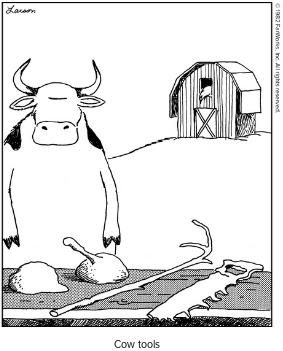

The people who-would shift away are users, not creators and currently the major issue with peertube is lack of content. Along with the fact that finding an instance which allows for signups and is federated with good, discoverable content is impossible currently.
I keep trying though and eventually I’m sure I’ll be able to switch





deleted by creator